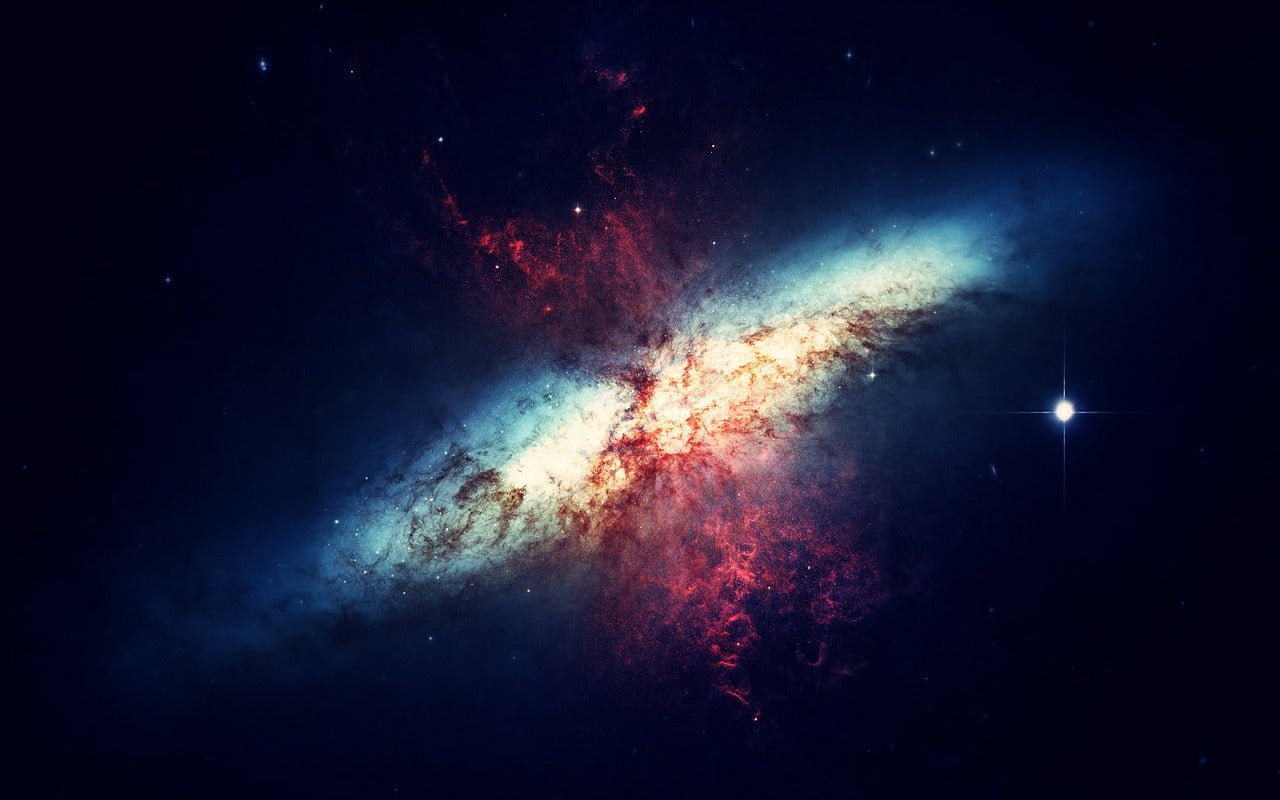Scientists’ theory about the universe before the big bang may have a fatal flaw
A ‘bouncing’ universe that continually expands and contracts ‘still has to have a beginning’, physicists say

Your support helps us to tell the story
From reproductive rights to climate change to Big Tech, The Independent is on the ground when the story is developing. Whether it's investigating the financials of Elon Musk's pro-Trump PAC or producing our latest documentary, 'The A Word', which shines a light on the American women fighting for reproductive rights, we know how important it is to parse out the facts from the messaging.
At such a critical moment in US history, we need reporters on the ground. Your donation allows us to keep sending journalists to speak to both sides of the story.
The Independent is trusted by Americans across the entire political spectrum. And unlike many other quality news outlets, we choose not to lock Americans out of our reporting and analysis with paywalls. We believe quality journalism should be available to everyone, paid for by those who can afford it.
Your support makes all the difference.A scientific theory that attempts to explain what existence was like prior to the big bang may have a fatal flaw.
Some theorists have suggested that the universe expands and contracts in endless cycles. This would mean that the universe has no beginning nor end, but instead grows towards the future and shrinks towards the past.
While this theory is appealing because it means there is no need for time to have a ‘beginning’, new research suggests that this ‘bouncing’ universe model may not be accurate.
“People proposed bouncing universes to make the universe infinite into the past, but what we show is that one of the newest types of these models doesn’t work,” says professor Will Kinney, a physicist at the UB College of Arts and Sciences.
“In this new type of model, which addresses problems with entropy, even if the universe has cycles, it still has to have a beginning.”
Rather than a universe that expands and contracts, Professor Kinney suggests that the early universe had a period of rapid expansion from a singularity that was then followed by the big bang, which formed primordial elements that went on to make galaxies and stars and planets.
This is known as cosmic inflation which, while a leading theory, does not explain what happened before the singularity nor the conditions to make it happen.
While a cyclic universe would avoid answering these questions, Professor Kinney says that it has been known for almost a century that this model does not work. “Disorder, or entropy, builds up in the universe over time, so each cycle is different from the last one. It’s not truly cyclic,” he says.
“A recent cyclic model gets around this entropy build-up problem by proposing that the universe expands a whole bunch with each cycle, diluting the entropy. You stretch everything out to get rid of cosmic structures such as black holes, which returns the universe to its original homogenous state before another bounce begins.
“But … in solving the entropy problem, you create a situation where the universe had to have a beginning. Our proof shows in general that any cyclic model which removes entropy by expansion must have a beginning.”
There is one cyclic model that does still hold water: one proposed by Roger Penrose, a Nobel prize-winning physicist who worked with Stephen Hawking, which suggests that the universe expands infinitely in each cycle. “We’re working on that one”, Professor Kinney said.
The study, funded by the National Science Foundation, is described in an article in the Journal of Cosmology and Astroparticle Physics, titled ‘Cyclic cosmology and geodesic completeness.’



Join our commenting forum
Join thought-provoking conversations, follow other Independent readers and see their replies
Comments